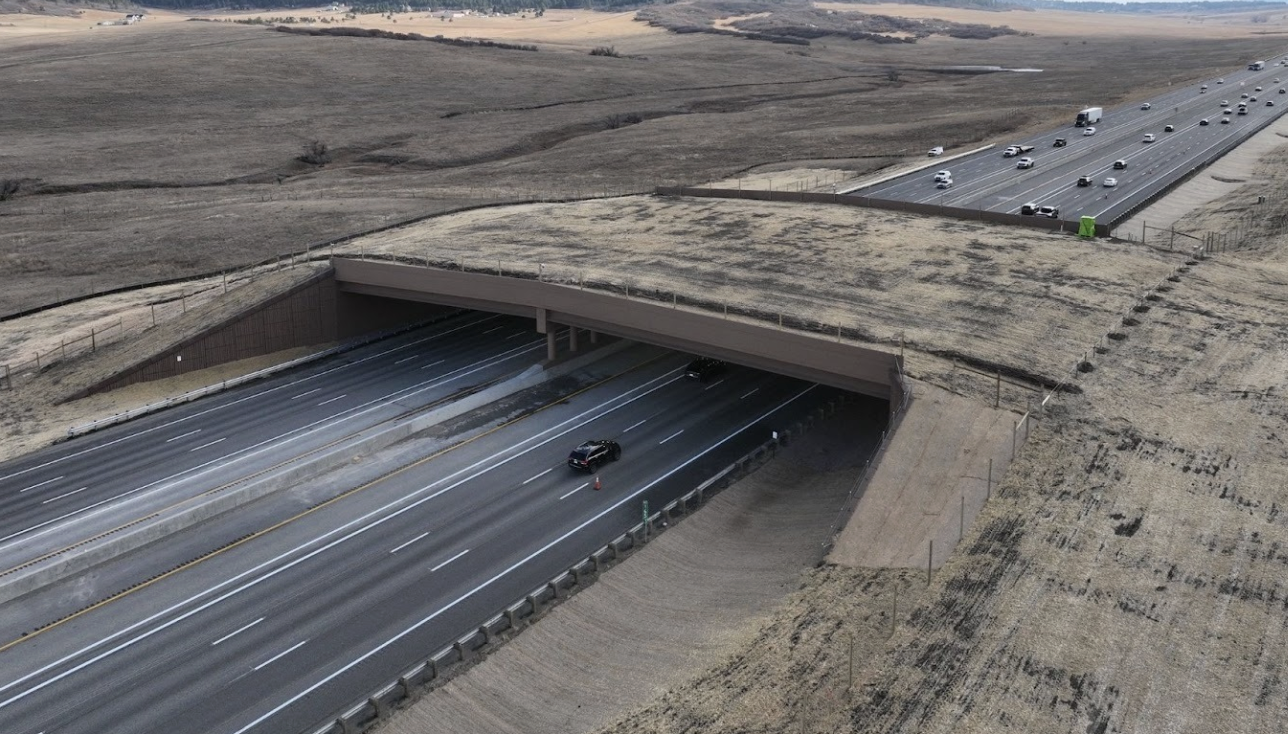The World Meteorological Organization says the signs and impacts of climate change are accelerating. It released a report on Monday that shows sea level rise, ice loss and extreme weather have increased during the last five years.
The WMO released the report just ahead of the United Nations' Climate Action Summit. It says the global average temperature has increased by 1.1 degree Celsius since 1850.
According to the report, 2015-2019 is the warmest five-year period on record. It also says higher greenhouse gas concentrations in the atmosphere mean the warming trend will continue for generations to come. CO2 levels also rose nearly 20% faster from 2015 to 2019 than they did in the five years prior. The report highlights the potentially irreversible impacts and urges people to ramp up efforts against climate change immediately.
The WMO's secretary-general said: "Sea level rise has accelerated and we are concerned [about] an abrupt decline in the Antarctic and Greenland ice sheets, which will exacerbate future rise. As we have seen this year with [the] tragic effects in the Bahamas and Mozambique, sea level rise and intense tropical storms led to humanitarian and economic catastrophes."
The report says more than 90% of natural disasters are related to weather. The most common, flooding and storms, including tropical cyclones, have led to the most economic losses. The 2017 Atlantic hurricane season was one of the most devastating on record, with more than $125 billion in losses just from Hurricane Harvey. Heat waves were the deadliest meteorological hazard from 2015-2019, affecting all continents and resulting in new temperature records. The heat has killed people, intensified forest fires and damaged harvests.
The ocean can absorb carbon, which could be key in fighting global warming. But that absorption causes the ocean's acidity to increase; it's risen by 26% since the industrial revolution. And, what's more, the ocean is trapping more than 90% of the excess heat caused by climate change.
In 1993, global sea levels were rising at about 3.2 mm a year on average. From 2007-2016 it was 4 mm. And in just the last five years, it's reached 5 mm a year. The WMO says ice melt from glaciers and ice sheets, instead of thermal expansion, are "dominating the sea level budget."
Greta Thunberg is a 16-year-old climate activist from Sweden. She scolded world leaders at the U.N. Climate Summit on Monday. She said: "People are suffering, people are dying, entire ecosystems are collapsing. We are in the beginning of a mass extinction and all you can talk about is the money and fairy tales of eternal economic growth. How dare you?"











